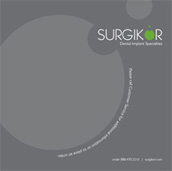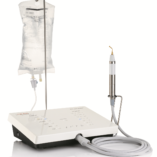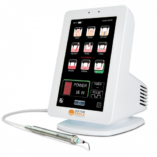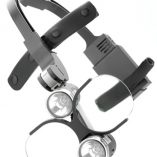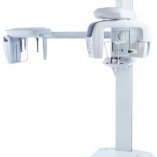One of the great frustrations of implant dentistry is that often there is insufficient jawbone remaining to support the implant. Doctors and researchers have investigated a number of workarounds for this common problem, but it wasn’t until this month that trials had shown promising results from stem cell therapy:
The researchers worked with a 45-year-old woman missing seven front teeth plus 75% of the bone that once supported them, the result of a blow to her face five years earlier. She was left with severe functional and cosmetic deficiencies, since the missing bone eliminated the possibility for dental implants.
After stem cell treatment under strict protocols, the researchers conducted a followup assay, noting with some enthusiasm how much viable material had grown back in:
Four months after cell therapy, cone-beam CT and a bone biopsy were completed, and oral implants were placed to support an engineered dental prosthesis. The researchers found that 80% of her missing jawbone had been regenerated, which allowed surgeons to place oral implants that supported a dental prosthesis, giving her a complete set of teeth again.
This is an encouraging result, and one which could help countless patients with craniofacial deficits to recover more typical form and function.
To learn more about implant dentistry and the many tools and materials you need to do this work well, please contact the bone grafting and dental instrument experts at Surgikor today.

